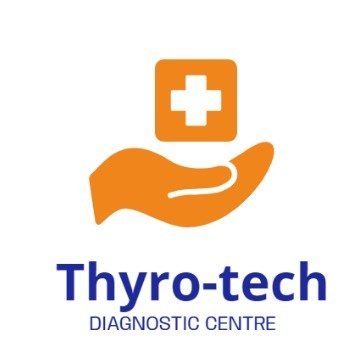General Pathology Testing- Genetic Tests for a Healthy Baby: Empowering Choices for Future Parents
Bringing a new life into the world is a joyous occasion filled with hopes and dreams. As advancements in genetic testing continue to revolutionize healthcare, prospective parents now have access to a range of genetic tests that can help ensure a healthier future for their baby. In this blog, we will explore the concept of genetic tests for a healthy baby, their significance in prenatal care, and the empowering choices they offer to future parents.
Understanding Genetic Testing:
Genetic testing involves the analysis of an individual’s DNA to identify variations or mutations in genes associated with specific genetic disorders or conditions. These tests can provide valuable insights into an individual’s risk of passing on certain genetic conditions to their children.
Preconception Genetic Testing:
Carrier Screening: Carrier screening is a genetic test that assesses the potential risk of an individual carrying gene mutations associated with specific genetic disorders. By identifying carrier status, couples can understand the risk of passing on these conditions to their children.
List Of Options
Prenatal Genetic Testing:
a) Non-Invasive Prenatal Testing (NIPT): NIPT is a prenatal genetic test that analyzes cell-free DNA from the fetus present in the mother’s blood. It can detect chromosomal abnormalities such as Down syndrome, Edwards syndrome, and Patau syndrome, and a few other abnormalites providing valuable information about the baby’s health early in pregnancy.
b) Diagnostic Testing: In certain cases, further diagnostic testing may be recommended if genetic disorders or abnormalities are suspected based on the results of other screening tests. Procedures such as amniocentesis or chorionic villus sampling (CVS) retrieve genetic material that can provide more detailed information about the baby’s genetic health.
Benefits of Genetic Testing:
a) Early Detection and Intervention: Genetic testing allows for the early detection of potential genetic disorders, enabling parents and healthcare providers to take proactive steps in managing the condition. Early interventions, such as specialized medical care or treatment plans, can significantly improve the baby’s health outcomes.
b) Informed Decision-Making: Armed with knowledge about their baby’s genetic health, parents can make informed decisions about pregnancy management, medical interventions, or alternative family planning options. This information can also aid in preparing emotionally for the challenges that may lie ahead.
c) Informed Reproductive Decisions : Genetic testing provides couples with the opportunity to explore various options, such as natural conception, assisted reproductive techniques (e.g., IVF with genetic testing),depending on the test results and individual circumstances.
The Importance of Genetic Counseling:
Genetic counseling plays a vital role in the process of genetic testing. Genetic counselors are healthcare professionals specialized in interpreting genetic test results, providing education, emotional support, and guidance to individuals and couples. They can help navigate the complexities of genetic testing and assist in making informed decisions about family planning.
Conclusion:
Genetic tests for a healthy baby offer prospective parents the opportunity to gather valuable information about their baby’s genetic health and make informed decisions for their family’s future. By understanding the risks associated with specific genetic conditions and taking advantage of advances in genetic testing, parents can take proactive steps to ensure a healthier start in life for their children. Genetic counseling serves as a valuable resource throughout this journey, offering support and guidance every step of the way.
Disclaimer:
This blog is for informational purposes only and should not be considered as medical advice. Consult with your healthcare provider or a genetic counselor for personalized guidance and information regarding genetic testing and family planning options based on your specific circumstances.
Yoga, an ancient practice originating from India, encompasses physical postures (asanas), breathing exercises (pranayama), meditation, and mindfulness techniques. While yoga is known for its positive effects on physical and mental well-being. Scientific studies and emerging research suggests that it may also influence our genetic expression. The interplay between yoga practices and genetics opens up an intriguing area of study that explores how mind-body practices can impact our genetic makeup and overall health. Here are some key points to consider when examining the connection between yoga and genetics:






